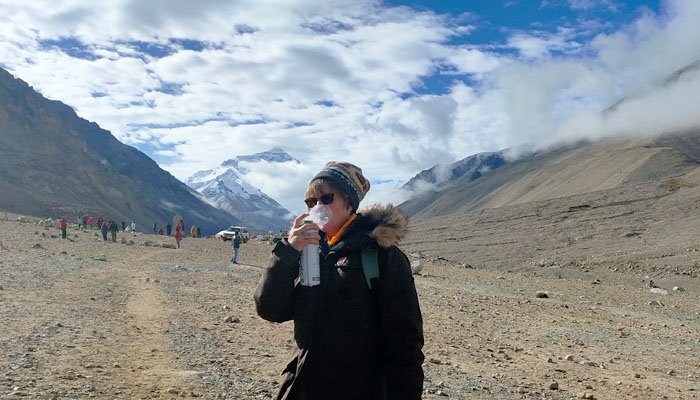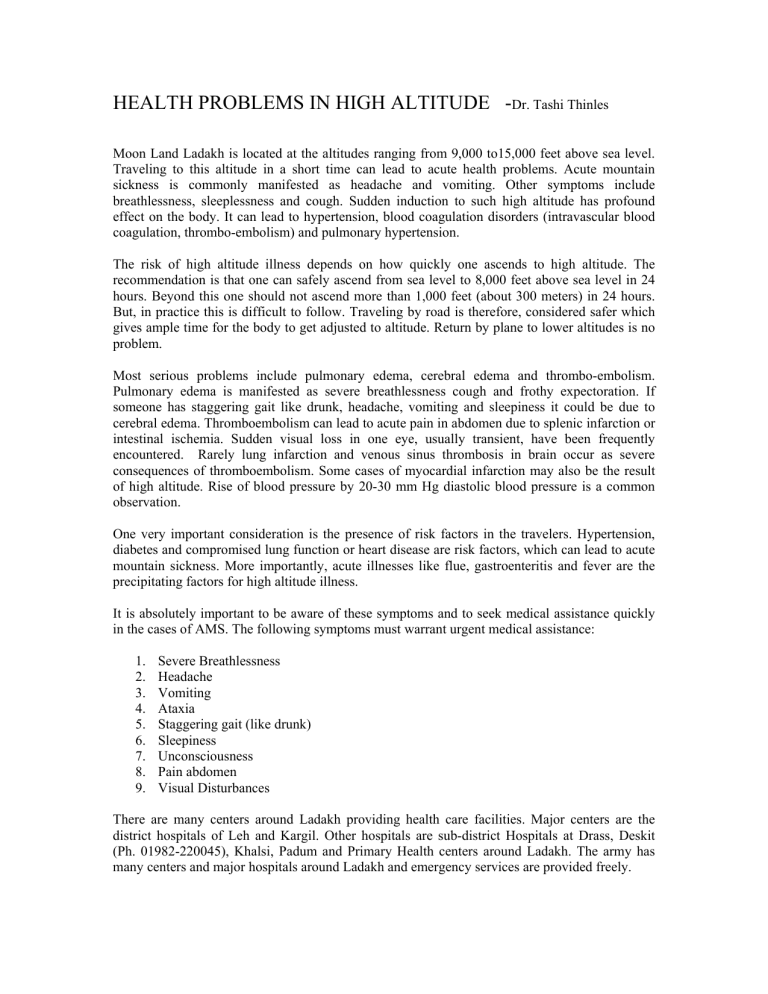Staying Fit for the Altitude: Health Advice for Traveling in Tibet

Tibet, with its breathtaking landscapes and rich cultural heritage, is a popular destination for adventurous travelers. However, the region’s high altitude can pose health risks, especially for those who are not properly acclimated. To ensure a safe and enjoyable journey, it’s essential to take precautions and follow health advice before and during your trip.

1. Understand the Risks of High Altitude:

At altitudes above 2,500 meters (8,200 feet), the air becomes thinner, resulting in lower oxygen levels. This can lead to altitude sickness, which can manifest as headaches, nausea, vomiting, shortness of breath, and fatigue. In severe cases, it can develop into high altitude pulmonary edema (HAPE) or high altitude cerebral edema (HACE), both of which can be life-threatening.
2. Acclimatize Gradually:
To reduce the risk of altitude sickness, it’s crucial to acclimatize gradually to the higher altitude. As you ascend, take breaks to rest and allow your body to adjust to the changing oxygen levels. Avoid strenuous activities or hiking to higher elevations too quickly. Spending a few days at lower altitudes before moving to higher ones can also aid in acclimatization.
3. Stay Hydrated:
Staying hydrated is essential, especially at high altitudes. The dry air can lead to dehydration, which can worsen altitude sickness symptoms. Aim to drink at least 3-4 liters of water per day. Avoid alcohol and excessive caffeine, as these can further dehydrate you.
4. Eat a Balanced Diet:
Maintaining a balanced diet is important for overall health and well-being, especially during travel. In Tibet, focus on consuming foods rich in carbohydrates, proteins, and healthy fats. Fresh fruits and vegetables are excellent sources of essential vitamins and minerals. Avoid excessive sugary or fatty foods, as they can contribute to dehydration and exacerbate altitude sickness symptoms.
5. Get Adequate Sleep:
Adequate sleep is crucial for your body’s recovery and repair. Aim for at least 7-8 hours of sleep each night. Avoid sleeping pills or excessive caffeine before bedtime, as these can disrupt your sleep patterns.
6. Listen to Your Body:
Pay attention to how your body is reacting to the altitude. If you experience any symptoms of altitude sickness, such as persistent headaches, nausea, or shortness of breath, descend to a lower altitude immediately and seek medical attention if necessary.
7. Consult Your Doctor:
Before traveling to Tibet, it’s a good idea to consult your doctor, especially if you have any pre-existing health conditions. Your doctor can provide personalized advice and may recommend medications to help prevent or manage altitude sickness.
By following these health tips and taking necessary precautions, you can reduce the risk of altitude sickness and ensure a safe and enjoyable journey in the captivating realm of Tibet.